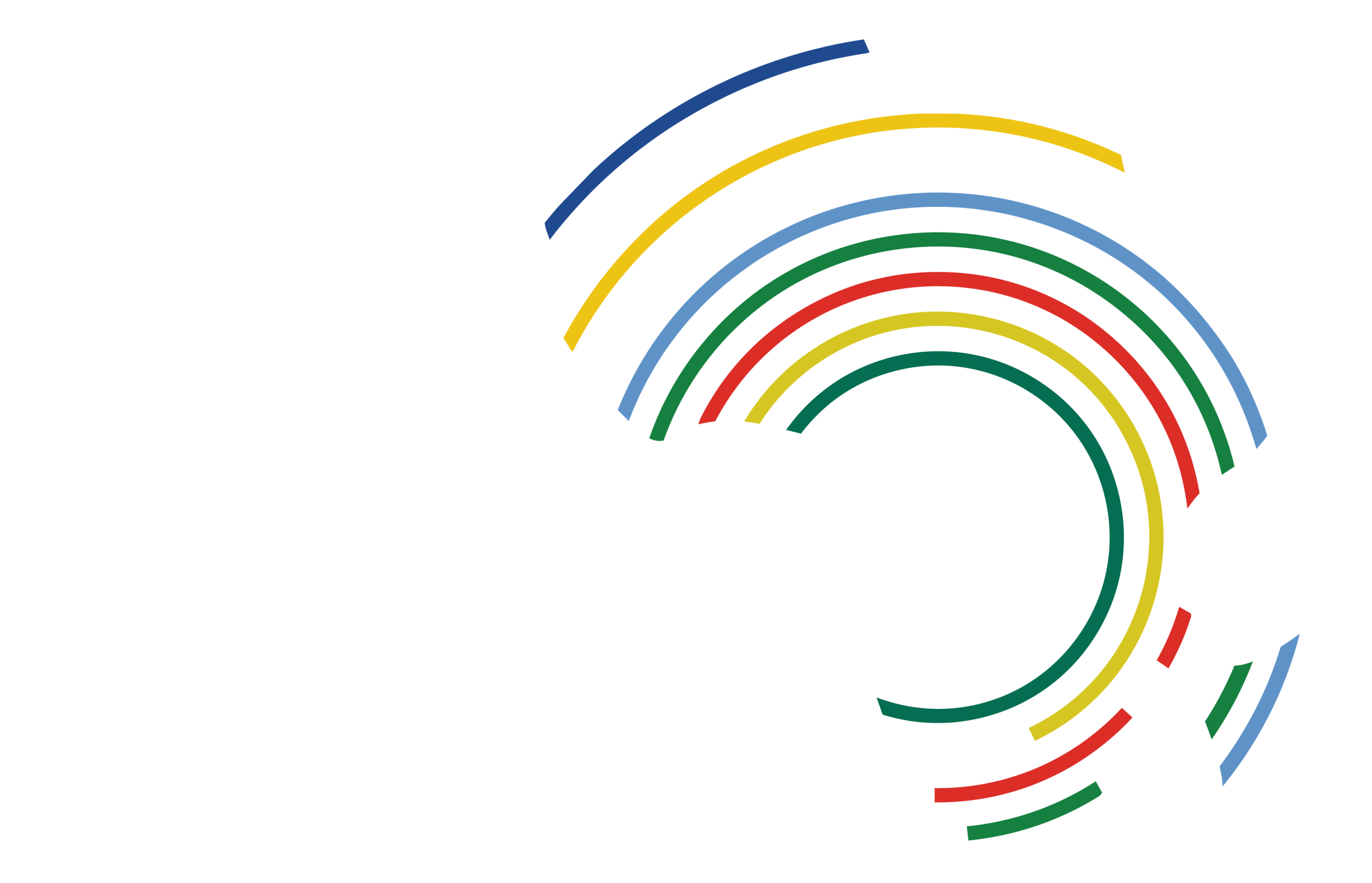In the wake of recent global challenges, including the COVID-19 pandemic and the Russia/Ukraine war, Africa finds itself at a crucial juncture. These events, compounded by the long-standing impacts of colonialism and climate change, underscore the urgency of rethinking the continent’s development strategies. Central to this re-evaluation is the recognition of ‘Global Africa’ – people of African descent living outside the continent, whose inclusion in Africa’s development agenda is now more crucial than ever.
The African Union’s adoption of the term ‘Global Africa’ marks a shift from the traditional ‘African Diaspora.’ It envisions a broader identity for Africans, acknowledging their common historical experiences of slavery, colonialism, and racial oppression. This shared history provides a foundation for uniting towards collective prosperity.
The economic influence of Global Africa is significant. In the United States, the African-American community, around 40 million people, contributed approximately $1.52 trillion USD to the U.S. economy in 2021. That same year, Africa received just $49 billion in remittances. In 2021, 11 million African-born migrants lived in European Countries, nearly five million resided in Asia, whilst about 3 million lived in North America. In 2020, more than 19.5 million Global Africans, born in Africa, lived outside Africa in different world regions. The Global African population holds significant economic and cultural power. However, this economic power remains largely untapped in terms of driving Africa’s development.
The prevailing challenge for Global Africa is the ‘new scramble’ for its resources, a contemporary echo of historic exploitation that dates back hundreds of years before 1884, when arbitrary lines were drawn between our communities to facilitate the extraction of our treasures. Whilst old colonial era agreements continue to dictate our economic fortunes, major questions about the continent’s ability to harness its resources for the benefit of its people remain unanswered. “Prosperity in Africa requires us to dismantle this system that compels black people to succeed at the expense of one another”, says Glenn Singleton, an American-born Ghanaian and CEO of Door of Return. Singleton has been organising heritage tours to Ghana for African-Americans since 2019 through his Homecoming initiative.
“| mean, look at African economies”, Singleton continues, “we are still predominantly driven by the export of primary commodities and natural resources, perpetuating the colonial-era development model. In this paradigm, Africa, rich in resources, essentially remains a supplier to more advanced economies, a pattern that disturbingly extended to the forced extraction of human resources during the enslavement of Africans. Moreover, this model glaringly omits representation from people like me at industry forefronts, effectively undermining our identity and experiences.”
Emulating China’s rise from adversity, Africa must look both within and beyond its borders, integrating its strengths and building up the self-perception of its global population. Africa’s manufacturing and export sector lags dangerously behind, with the continent’s total contribution to world trade at just under 3%. African governments and private entities must rethink their approach to development.
For Charles Kollo, an African-French-American entrepreneur and CEO at Crowned Kings, a Strategic consulting firm that has been supporting brands to scale in emerging markets, “addressing the needs of Global Africa requires a cultural transformation towards a unified ‘One Africa! with shared, distributed value chains of production and culture. This necessitates fostering educational heritage travel to enhance tourism and skills development, acknowledging the rich and diverse cultural heritage that emerged from forced migration.”
Harnessing the power of Global Africa isn’t without its challenges. The current trend of brain drain, with skilled professionals leaving Africa for better opportunities, complicates this goal. A balancing option may be to propose new opportunities that incentivise successful Global Africans, willing to return. Just as Western corporations colonise the minds of our most talented young workers, offering them remote work and opportunity through service to non-African corporate interests, we must create conducive environments for Global African returnees and investors to replenish human capacity lost to regions outside Africa.
Addressing these challenges demands coordinated action and enhanced physical and _ political infrastructure. Strategies must be developed to facilitate the return of Global Africans. The APN Club, in partnership with African and Global African Chambers of Commerce, offers potential solutions. These include visa waivers, expedited nationality, naturalisation, and investment incentives, along with opportunities for student exchange across Global Africa for all Africans.
“Forty years from now,” referring to the African Union’s 2063 agenda and master plan for transforming Africa into the global powerhouse of the future, Kollo predicts nothing will have changed if fundamental issues like good roads, quality healthcare, working systems and rule of law are not addressed, “we can call on Global Africa to return home to the continent or invest in it all we want but if African governments do not put in place the basics, no one will be willing to give up the comfort they enjoy.”
The active participation of Global Africa, alongside decisive actions from African governments, is vital in overcoming these challenges and unlocking the continent’s full potential
